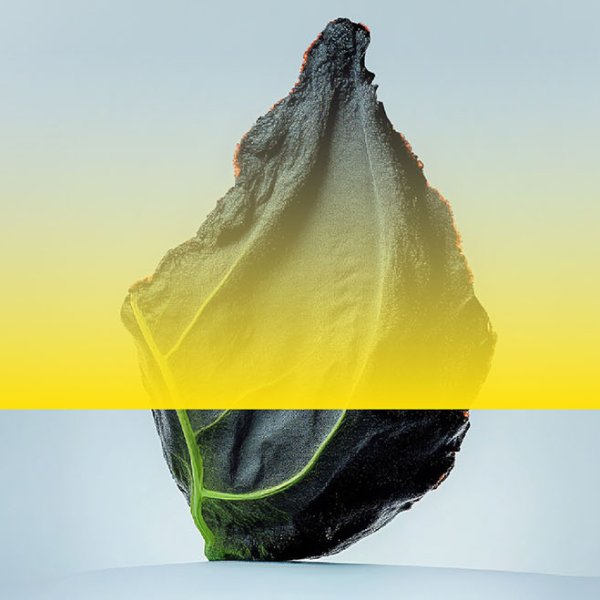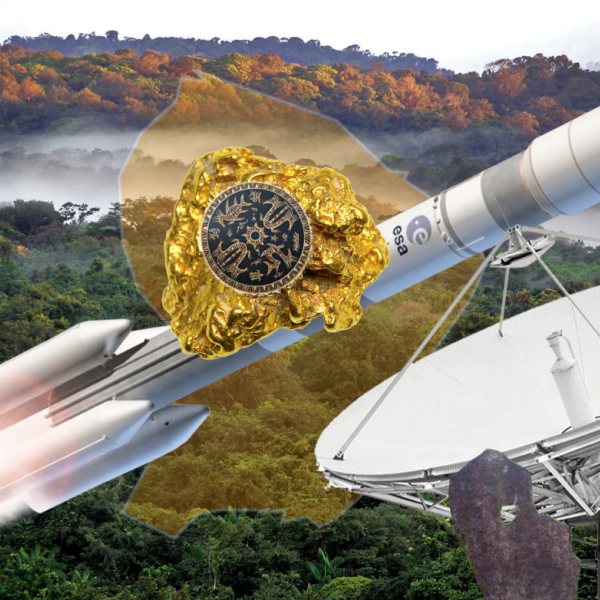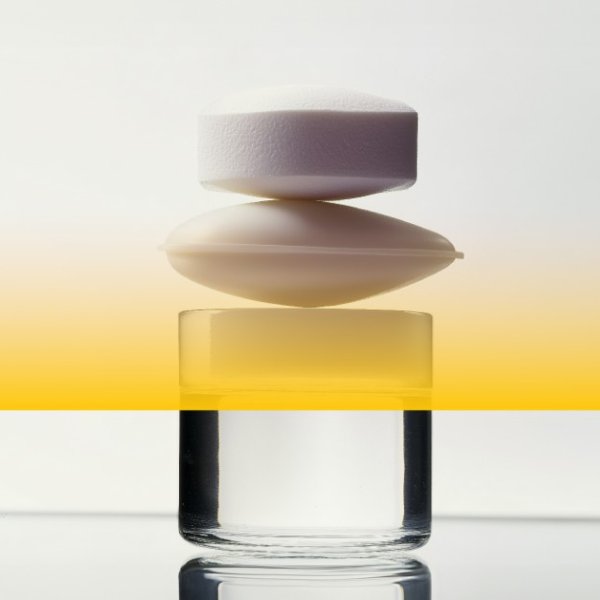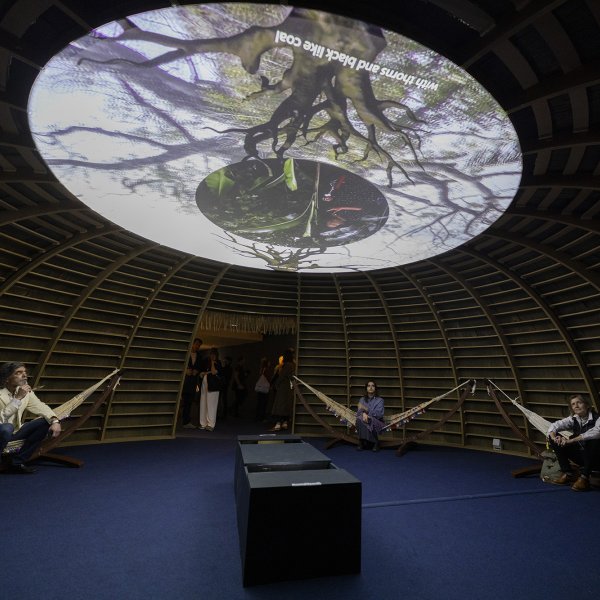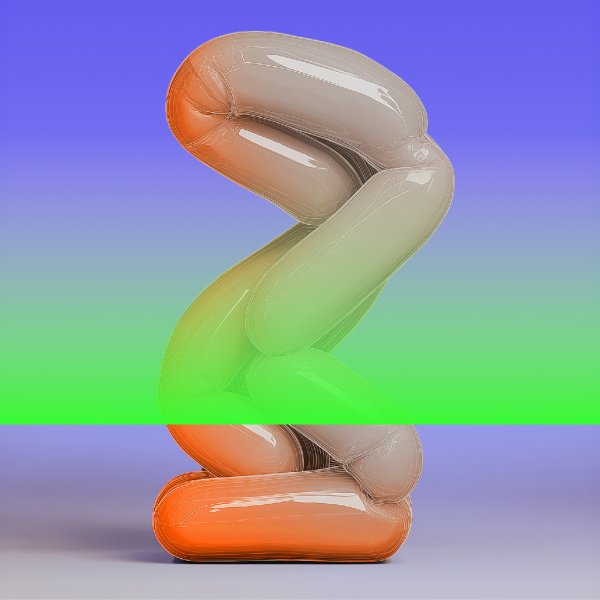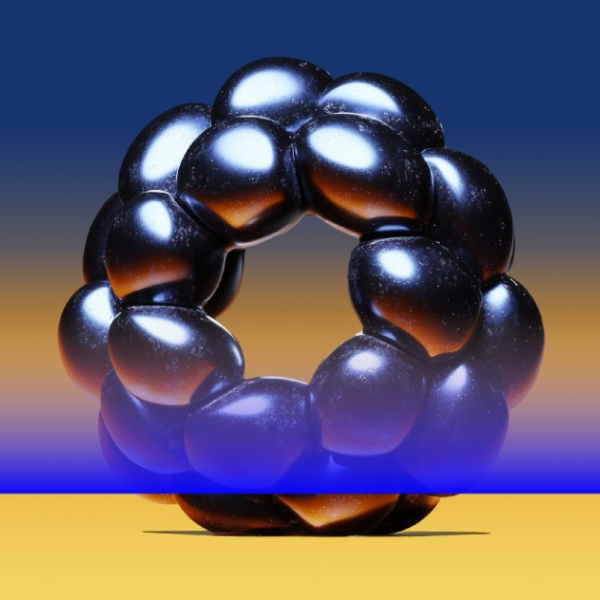Organismo | Art in Applied Critical Ecologies
TBA21–Academy and Museo Nacional Thyssen-Bornemisza present Organismo | Art in Applied Critical Ecologies, an experimental independent study program connecting research, theory, and speculation through a series of focused case studies—regenerative interventions that explore different forms of alliance. The project aims to explore new methodologies and configurations of actors when working in the service of ecological transformation.
Organismo is based on the experiences of TBA21–Academy, TBA21’s research arm and incubator for collaborative inquiry, artistic production, and environmental advocacy, which for over a decade has served as a catalyst for new forms of knowledge arising from nurturing relationships between art, science, public policy, and conservation. Joining its efforts with the Museo Nacional Thyssen-Bornemisza, Organismo functions as a system of connections between art practices, interdisciplinary research, government bodies, and local communities to facilitate the development of plural and intersectional projects that are necessary to address the challenges and converging crises of today.
The Year One of the independent study program, taking place between October 2024 and June 2025, departs from the learnings gathered during its experimental Year Zero edition—one that was conceived as a prototyping process in which parameters, hypotheses, and organizational structures were tested. The program will continue developing its multidisciplinary, multiagent, multiscalar, and multispecies approaches with the aim of activating collective intelligence. Foregrounding artistic practice as a driving force and building bridges between speculation and application, Organismo intends to mobilize cultural and political transformations by developing narratives and languages that allow us to imagine other ecological orders. To this end, research lines and case studies intertwine to activate theory through applied explorations and the formulation of a group proposal. Candidates need to commit to both dimensions. Organismo believes situated knowledge is vital for addressing the complexities of contemporary ecological challenges. Thus, the independent study program is structured by applied case studies that enable access to specific forms of knowledge and their interrelated actors and communities. The aim is to both activate these networks within their local conditions and to nurture the processes proposed with remote forms of experiential learning.
In Year One, the five case studies are:
- PyroEcologies. Fire’s Potential to Destroy and Ignite Life in the Earth System. . Facilitated by FECYT | Fundación Española para la Ciencia y la Tecnología - Ministerio de Ciencia, Innovación y Universidades, and Barcelona Supercomputing Center - Centro Nacional de Supercomputación
- Museum Entanglement. The Thyssen and its Social Ecosystem.. Facilitated by Museo Nacional Thyssen-Bornemisza
- Territorio Abadía Retuerta. Forest Epistemologies for Regenerative Practices. . Facilitated by Abadía Retuerta
- Ocean Futurisms. New Storytelling Devices for Radical Imagination.. Facilitated by TBA21–Academy
- Non-Archives. Open Intelligence as Digital Archives & Experimental Publishing.. Facilitated by TBA21–Academy
The research lines of Year One of the independent study program respond to the work carried out at TBA21–Academy since its foundation in 2011, in close connection to the interests of Museo Nacional Thyssen-Bornemisza. They are organized as follows: Convivial Conservation, Ecologies of Peace, Ecologies of Technologies, and The Rights of the More-than-human.
For the exploration of these research lines, Year One of Organismo will feature, among others: Andrew Merrie, Aouefa Amoussouvi, Chus Martínez, Daniela Zyman, Diego Blas, Dorothy Michaels, Eduardo Castillo Vinuesa, elii [oficina de arquitectura], Fernando Cucceti, Grandeza Studio, Jennifer Gabrys, Joel Vacheron, John Lynch, Jon Aranguren Juaristi, Juan Ángel López-Manzanares, Louise Carver, Maria Arnal, María Buey González, Mario Chagas, María Montero, Markus Reymann, Mercedes Azpilicueta, Michal Kucerak, Petra Linhartova, Pietro Consolandi, Rosa Ferré, Rufino Ferreras, Skye Thomas, Simón López-Trujillo, Tabita Rezaire, Tarek Atoui, Queenie Lin, and Yina Jiménez-Suriel.
As for the independent study program, this first year has the following partners: Abadía Retuerta, Atelier itd, Barcelona Supercomputing Center - Centro Nacional de Supercomputación (BSC-CNS), Fundación Española para la Ciencia y la Tecnología (FECYT) - Ministerio de Ciencia, Innovación y Universidades, Fundación Daniel y Nina Carasso, and Real Jardín Botánico CSIC.


